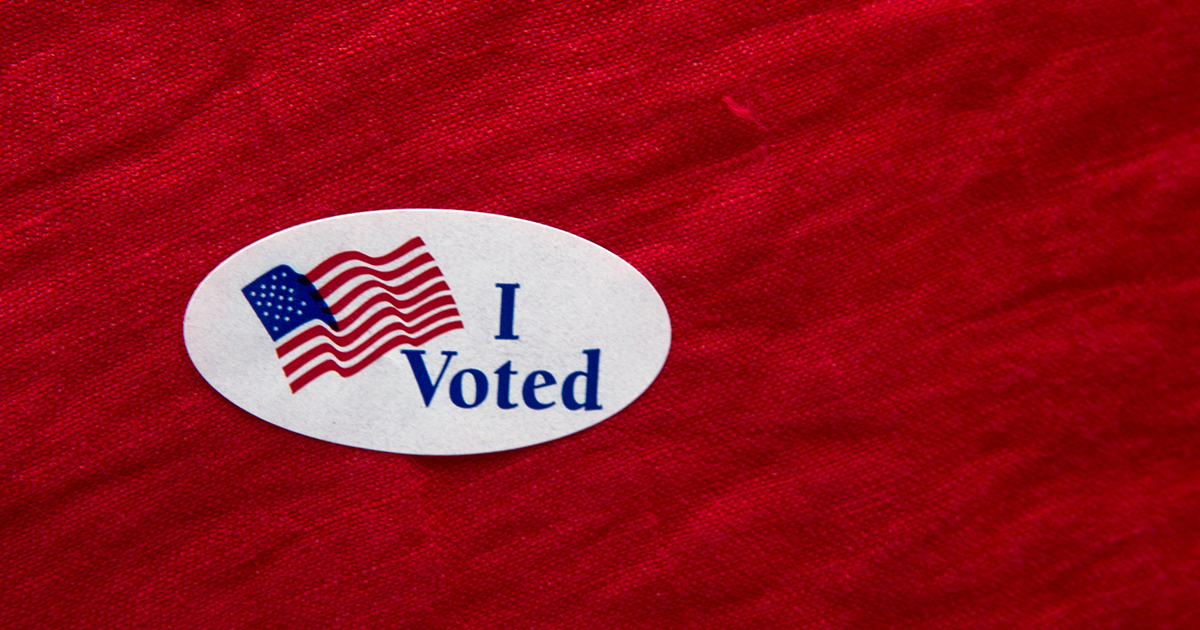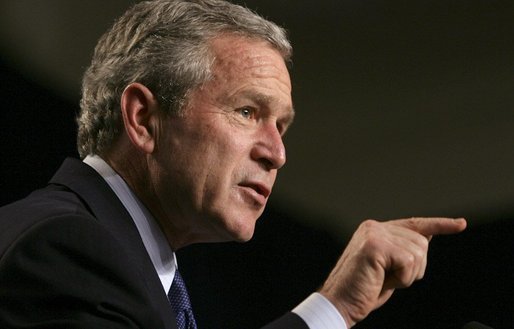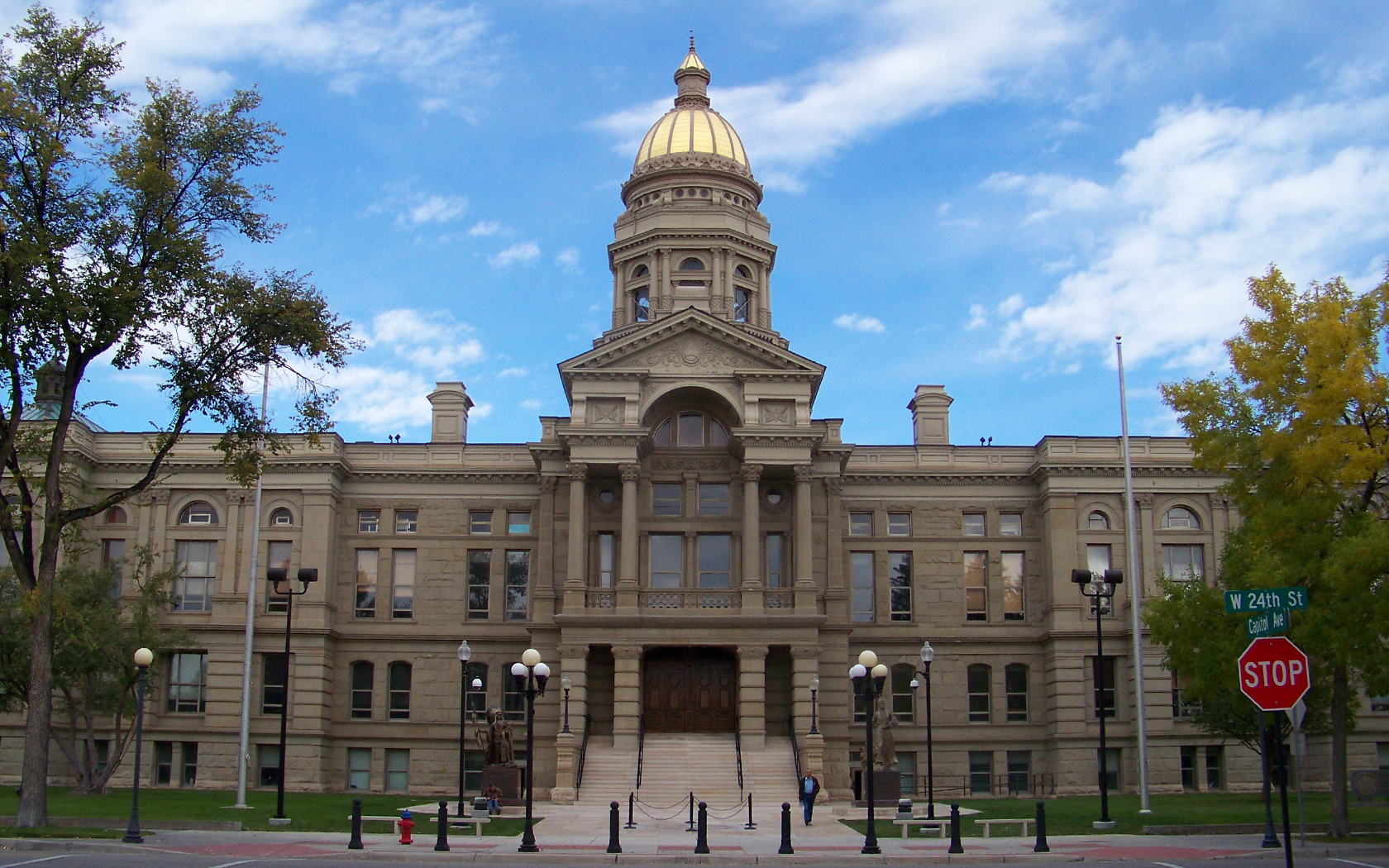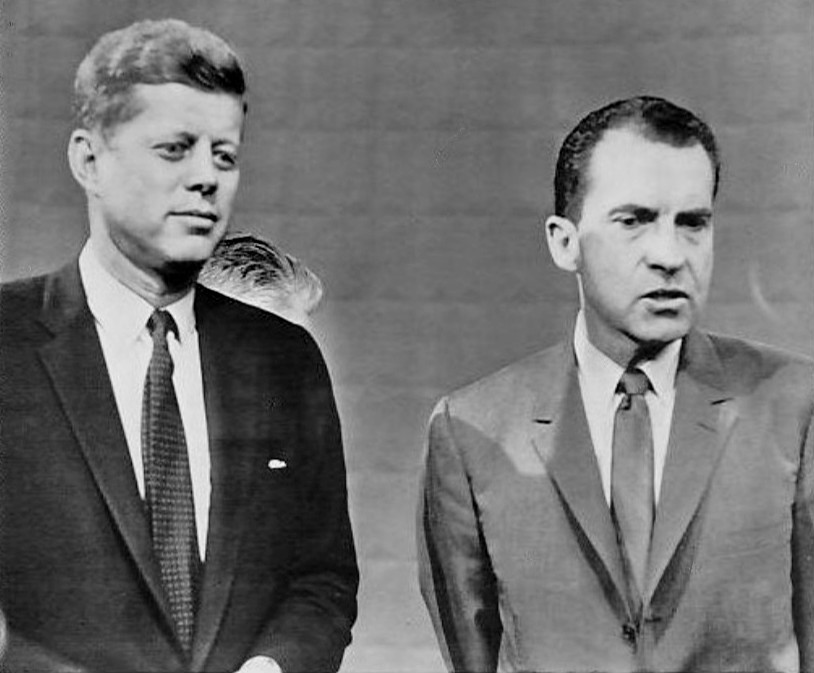Five Elections That Prove Your Vote Counts

By:
Recent polls suggest that the 2016 election is shaping up to be a close contest. I'm not going to try to guilt you into showing up at the polls on Election Day, but in order to demonstrate the power of a vote — yes, your one vote — here are some examples of elections, small and large, where every ballot counted.
 AP/Jon Elswick - apimages.com
AP/Jon Elswick - apimages.com
1. George W. Bush and Al Gore (2000)
 Wikimedia - wikimedia.org
Wikimedia - wikimedia.org
The result of the 2000 presidential election was hotly contested — due in no small part to the fact that Florida's popular vote was decided by a margin of 573 votes, giving Bush 25 electoral votes that helped him secure the presidency. A less consequential (but similarly close) contest played out in New Mexico, where just 366 votes gave Gore a victory and five electoral votes.
2. Al Franken and Norm Coleman (2008)
In one of the closest senate races in U.S. history, Sen. Franken (D-Minn.) won his seat only after a recount affirmed that he'd received 312 more votes than incumbent Coleman in 2008. (The first count showed Coleman ahead by 215.) Franken has kept his seat for more than eight years now, and he's worked on significant legislation on health care and Wall Street reform.
3. Randall Luthi and Larry Call (1994)
 Wikimedia - wikimedia.org
Wikimedia - wikimedia.org
Need proof that every vote matters? Look at what happened in Wyoming in 1994. The state's House of Representatives race between Republican Luthi and independent Call came down to a tie, with each candidate receiving exactly 1,941 votes. A recount produced the same result. Wyoming Gov. Mike Sullivan settled the contest by picking a ping pong ball out of a cowboy hat.
"Luthi's name was drawn, and history may well have proven him the right man for the job," Mental Floss reported. "He served the Jackson Hole-area district until 2007, ultimately becoming Speaker of the House."
4. Hillary Clinton and Bernie Sanders (2016)
It didn't change the course of the Democratic presidential primary, but the contest between then-presidential hopefuls Clinton and Sanders proved once again that every vote counts. Sanders won the small precinct of Methuen, Massachusetts, by a single vote: 3,409 to 3,408. The thing to keep in mind here is that high voter turnout in Massachusetts affected the outcome, and that trend manifested in precincts across the U.S., ultimately delivering Sanders 22 primary states.
5. John F. Kennedy and Richard Nixon (1960)
 Wikimedia - wikimedia.org
Wikimedia - wikimedia.org
Kennedy beat Nixon by only 84 electoral votes. Even more impressive, however, is the popular vote result, which was decided by a margin of just 0.2 percent. A little more than 100,000 more voters opted for Kennedy over Nixon on Nov. 8, 1960 — an election where more than 68 million voters turned out at the polls.
